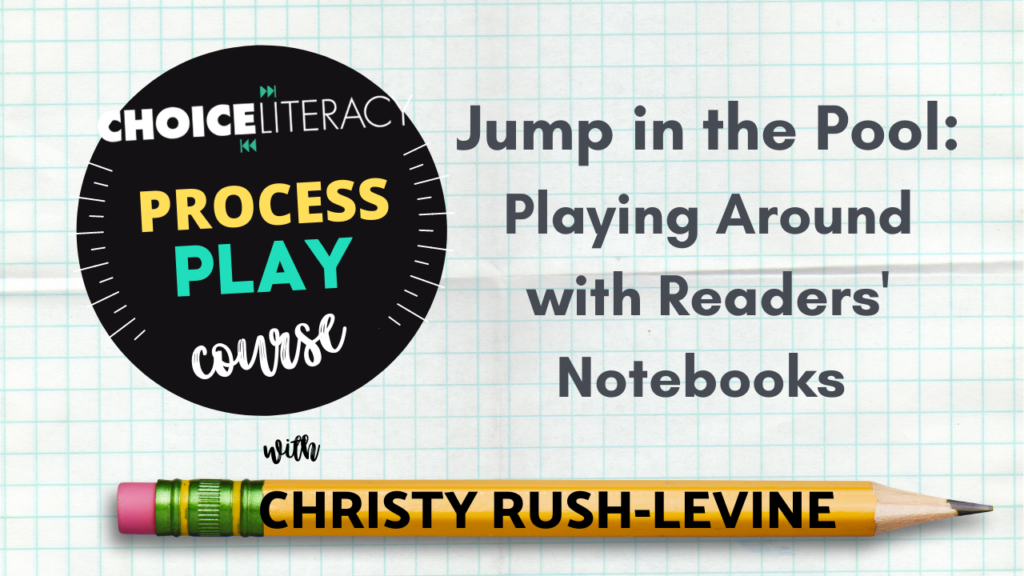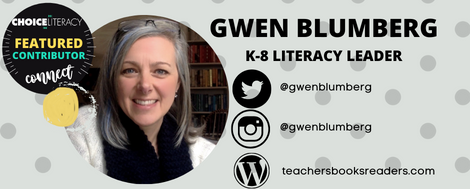“Just in case” is the curse of packing.
—Alexander Potter
Packing Lightly
For almost two years, we have been in a modular building while our physical school has undergone extensive renovations. Before our move into “the mods” we were encouraged to weed our classrooms and offices, purging outdated or unnecessary materials to minimize what would need to be moved and to not overcrowd the physically smaller spaces lacking the built-in storage of our old building.
Stackable, green crates arrived on wheeled pallets, and we filled them to the brim again and again. Things that didn’t make the cut included old workbooks, books held together with yellowed tape, puzzles missing pieces, art supplies well past their prime, and professional texts older than our youngest teachers. Our recycling bins overflowed, and everything we were taking with us felt essential.
However, the school year after our move forced us to learn that everything we thought was vital as we packed—wasn’t. For a full year, we taught with stripped-down resources under extraordinary circumstances. What mattered most wasn’t the “stuff” we had forced into bins the prior spring, but how we found ways to come together to build community and continue to meet the needs of our students.
This year, when some of the restrictions of the prior school year were lifted, the things we were most excited to finally unpack and bring back into our classrooms were our rugs, which had been tightly rolled up and stored to give partnerships cozy places to sit side by side, community tables with bins of supplies for children to share instead of desks that had kept children physically distanced, and book bins children could once again crowd around to select and share titles.
Once again, the crates are on the verge of arriving and we are being asked to carefully consider what we decide to bring into our beautiful new spaces. So much of what we once deemed essential has been untouched for almost two school years, and we have learned that we don’t actually need all of these things; it’s okay to let them go.
As this year begins to draw to a close, what are the things you can let go of—the things and the practices that you no longer need to physically or mentally take with you? What truly matters to meet the needs of your students?
It’s time to let go of what you no longer need; I know my crates will be lighter this year.
Shine on,
Gwen Blumberg
Featured Contributor
Gwen Blumberg is a literacy leader for a K—8 district in Greater Boston. She’s a lifelong, avid reader who loves to share books with kids and listen to the stories they write and tell. She believes book and topic choice are essential ingredients for students to develop authentic reading and writing lives. Gwen shares her passion for children’s literature by writing for the collaborative Teachers|Books|Readers blog. You can also find her sharing about all things literacy on Twitter and Instagram @gwenblumberg.

The Choice Literacy Book Club is reading When Stars Are Scattered by Victoria Jamieson and Omar Mohamed. Join us in the most low-pressure book club ever! Just click here.
In this podcast from April 2021, Leigh Anne Eck provides a guide to customize an end-of-year reflection for students.
Bitsy Parks explains how the ending weeks of read alouds in her first-grade classroom are designed to celebrate learning and shared experiences from the entire year. This article was first published in 2018.
Clare Landrigan and Tammy Mulligan find a little effort at the end of the school year pays big dividends when launching workshops in the fall.This article was first published in 2014.
 Jump in the Pool: Playing Around with Readers’ Notebooks with Christy Rush-Levine is a new Process Play course that guides us to teach students how to create thoughtful and meaningful responses to text. This course is included with the Literacy Leadership and Literacy Team memberships and available to purchase for others.
Jump in the Pool: Playing Around with Readers’ Notebooks with Christy Rush-Levine is a new Process Play course that guides us to teach students how to create thoughtful and meaningful responses to text. This course is included with the Literacy Leadership and Literacy Team memberships and available to purchase for others.

It isn’t a secret that writing meaningful responses to text is important. The question is how to empower students to engage in creating substantive responses and deep analysis of text. Christy Rush-Levine cracks open her own notebook to guide us in creating thoughtful responses to text. By sharing over 20 of her own mentor entries, as well as inspiring texts, Christy adds a splash to reading response that no one can resist.

New members-only content is added each week to the Choice Literacy website. If you’re not yet a member, click here to explore membership options.
Josie Stewart and Hannah Tills know the end of the school year is full, yet they take the time to reflect and celebrate what learners have built throughout the year by asking students to create a plan for a final celebration.
Julie Cox invites and encourages us to take risks in order to encourage students to try new things with their writing and reading. Julie concludes that when teachers are professional risk-takers, we are more available to students, and know how to help them when they fail.
In this encore video, Dana Murphy seamlessly integrates a brief excerpt from Charlotte’s Web into a writing minilesson on endings in her fifth-grade classroom.

New members-only content is added each week to the Choice Literacy website. If you’re not yet a member, click here to explore membership options.
Brian Sepe offers a protocol and downloadable tool for teachers and coaches to research student writers. It is good for the soul to bear witness to the good that students bring to the classroom.
Stephanie Affinito offers five picture books to end the year coaching strong. Each offers an opportunity for teachers to enjoy a book together, reflect on the year, and walk away with a book to share with their students.
Allow this encore video to inspire you for end-of-the-year affirmations. Instructional coach Mary Brower encourages us to notice leaders and teachers who are taking risks. Couple a quick note with an inspirational story, and you will build strong professional connections needed for meaningful leadership. Download a copy of the inspirational story.
Quote It:
And in real life endings aren’t always neat, whether they’re happy endings, or whether they’re sad endings.
—Stephen King
That’s all for this week!





